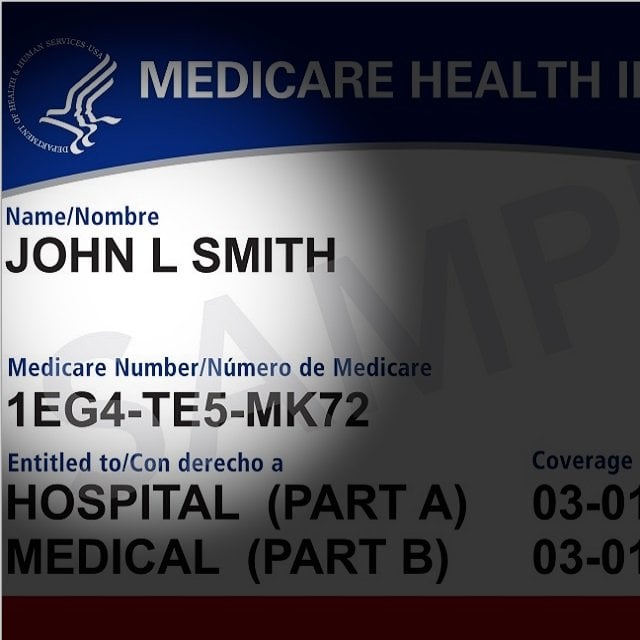Medicare Chief Is Crafting Drug-Price Negotiations

Brooks-LaSure said she’s consulting with other parts of the federal government that already negotiate for medications, including the Department of Veterans Affairs and the Indian Health Service.
“We really wanted to understand their experience and have relied on them for expertise,” she said. “This negotiation is new to CMS but it’s not new to the companies, and we are drawing on the experiences of the private sector as we think about the process.”
CMS released a memo detailing parts of the policy last month, with a 30-day window for comments that closes April 14. Brooks-LaSure said the agency would “pivot based on comments from stakeholders.”
The agency expects to finalize guidance by early July. In June it will also begin analyzing data that will determine which medications are subject to the first round of negotiation. The drugs must be among the top-selling products without competition from generic or biosimilar versions.
CMS wants to balance incentives for innovation with getting the best deal for taxpayers and Medicare beneficiaries, Brooks-LaSure said. But some elements of the policy are set in statute and beyond the agency’s discretion to modify.
Drug industry groups have said provisions that protect complex biologic drugs from negotiations longer than small molecules could discourage investment in those products.
“We certainly are always trying to think about how to make sure that we’re encouraging innovation,” she said, but “the law is the law and there are so many times when people, stakeholders want us to change things that need to be done congressionally.”



